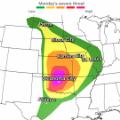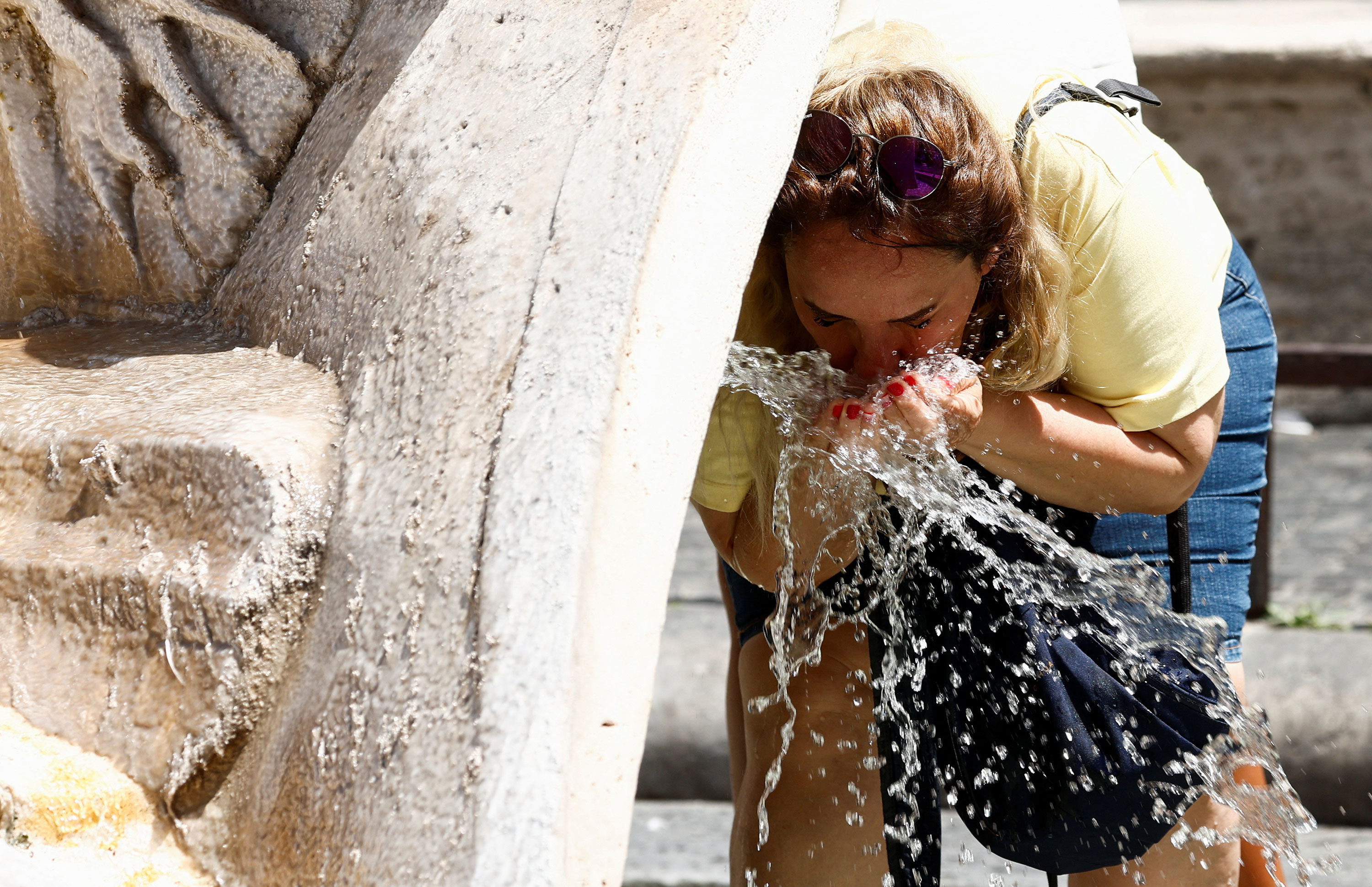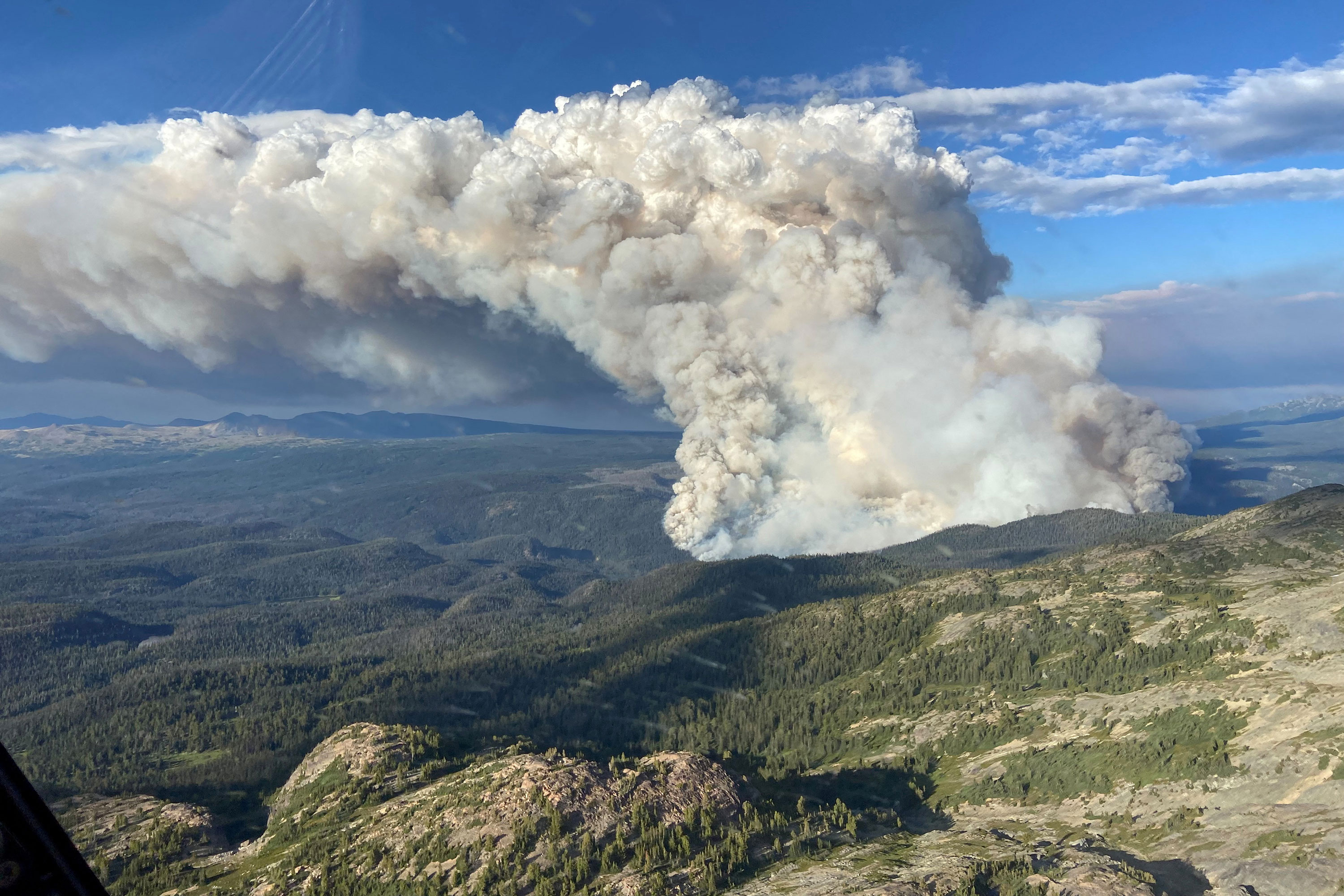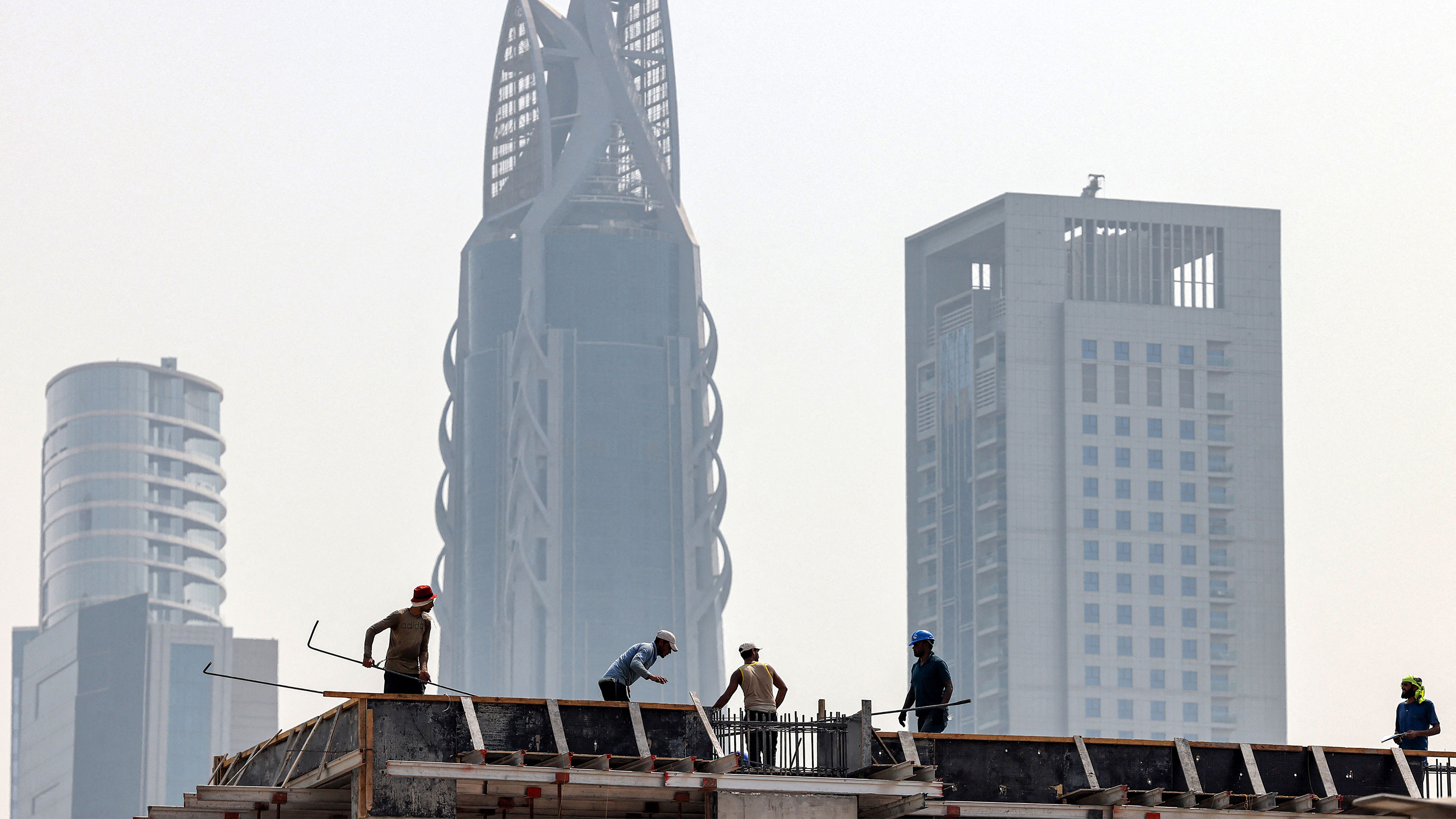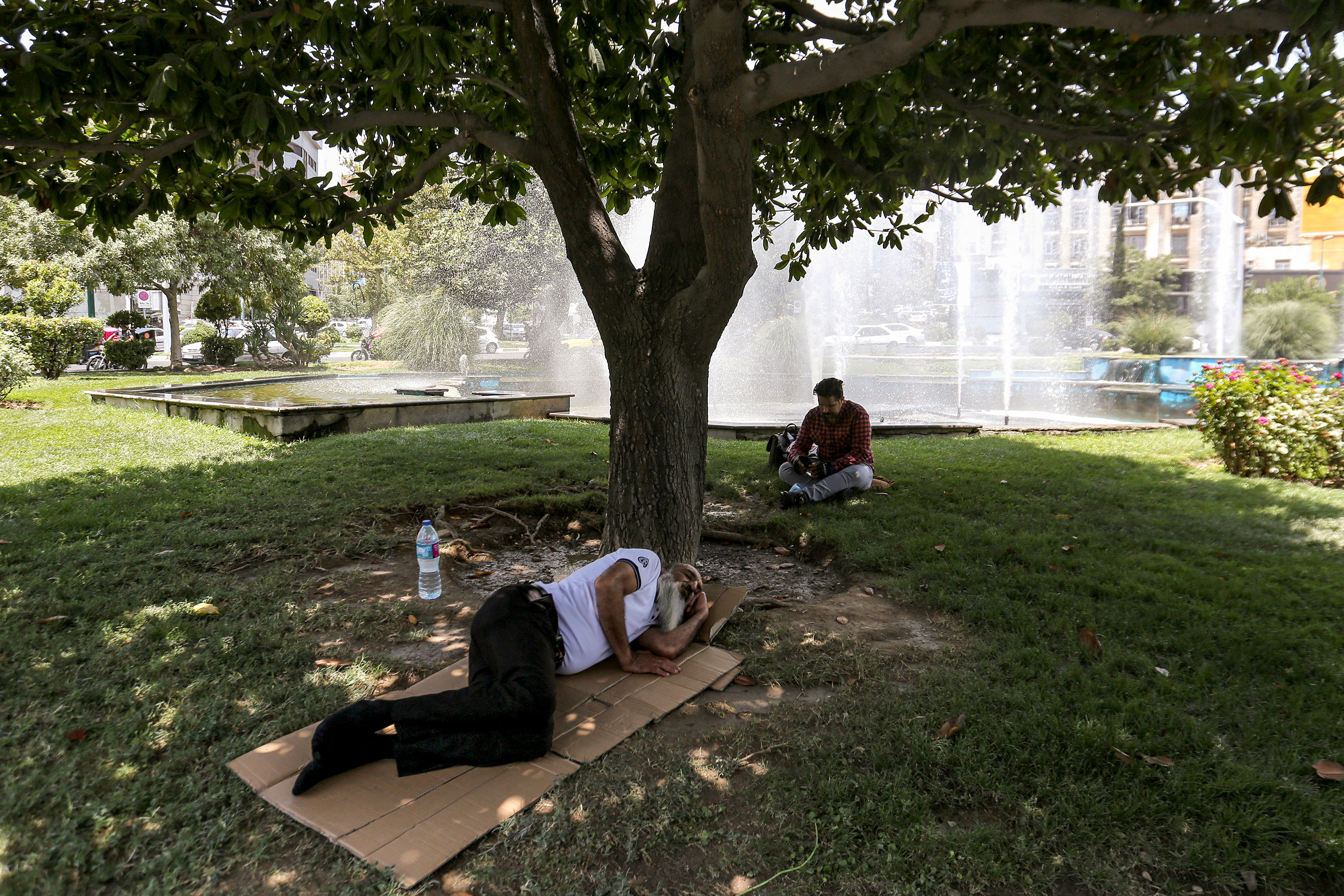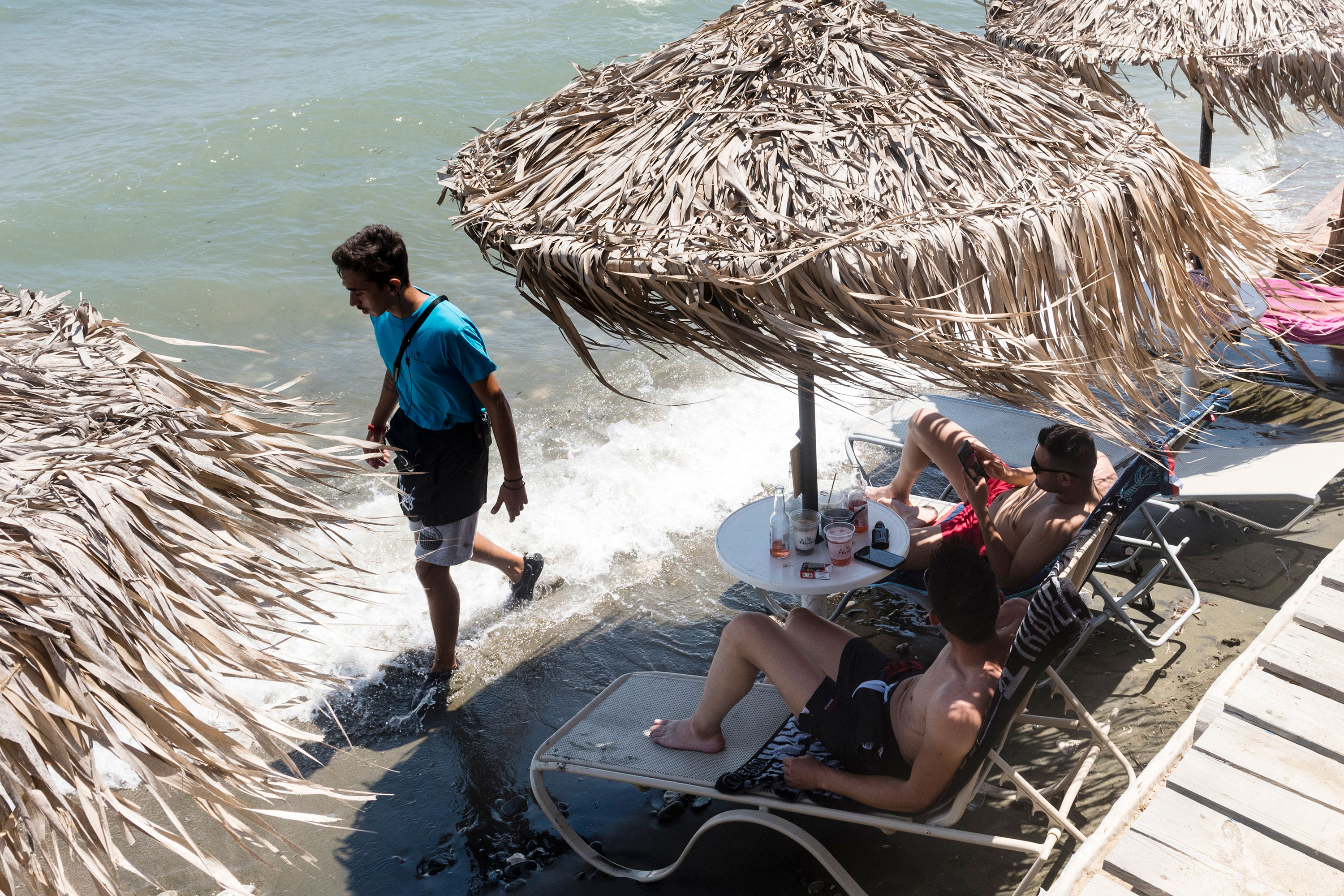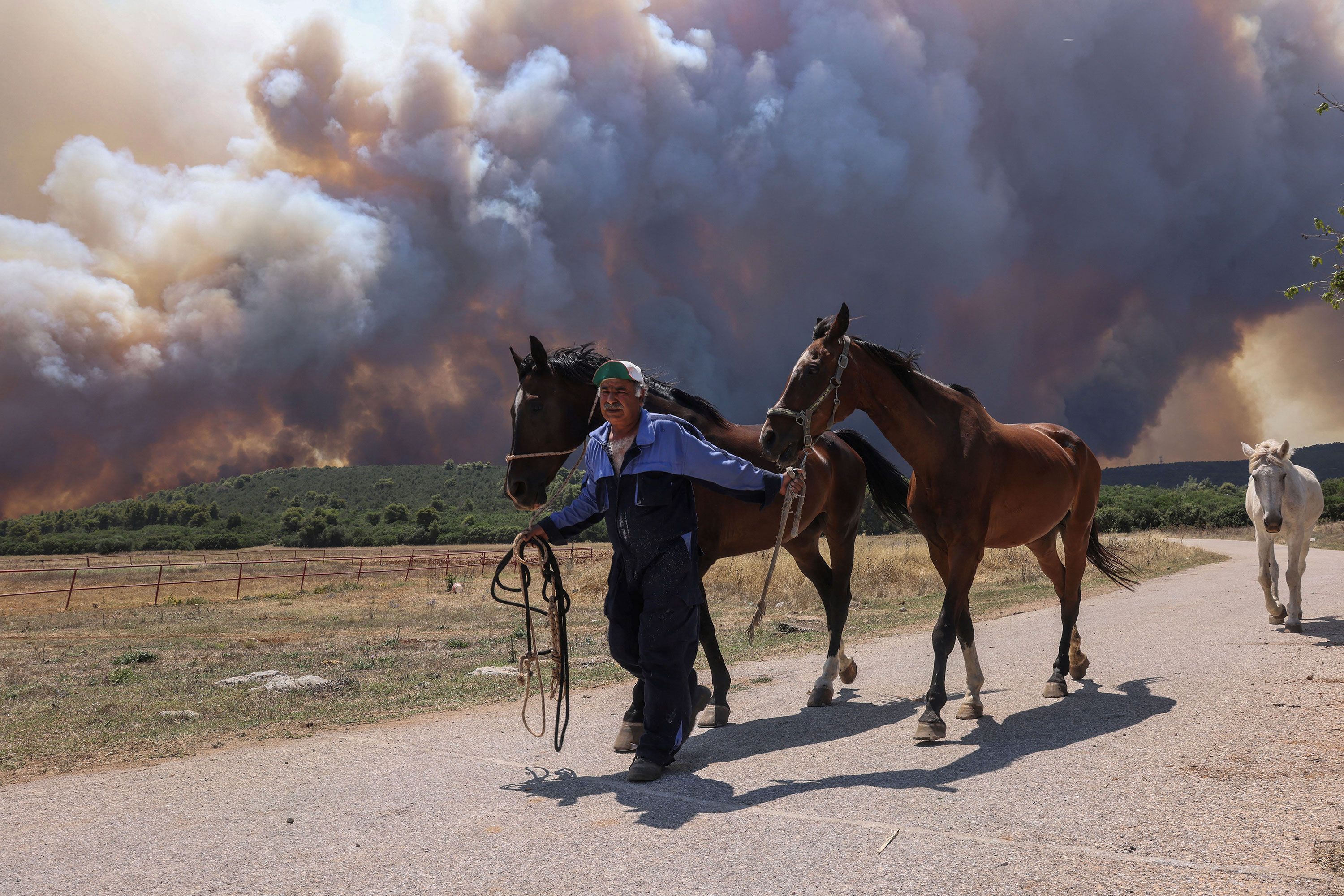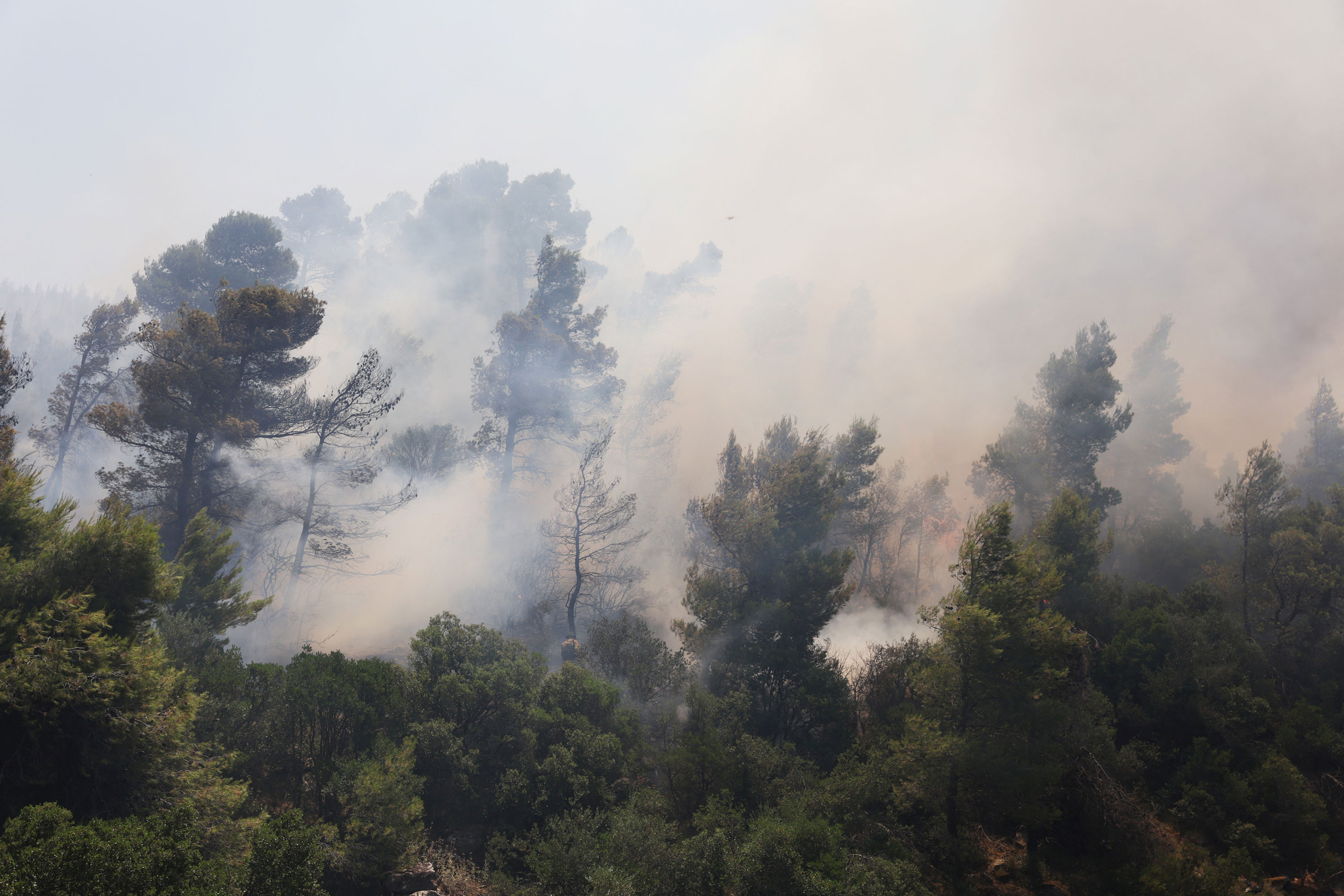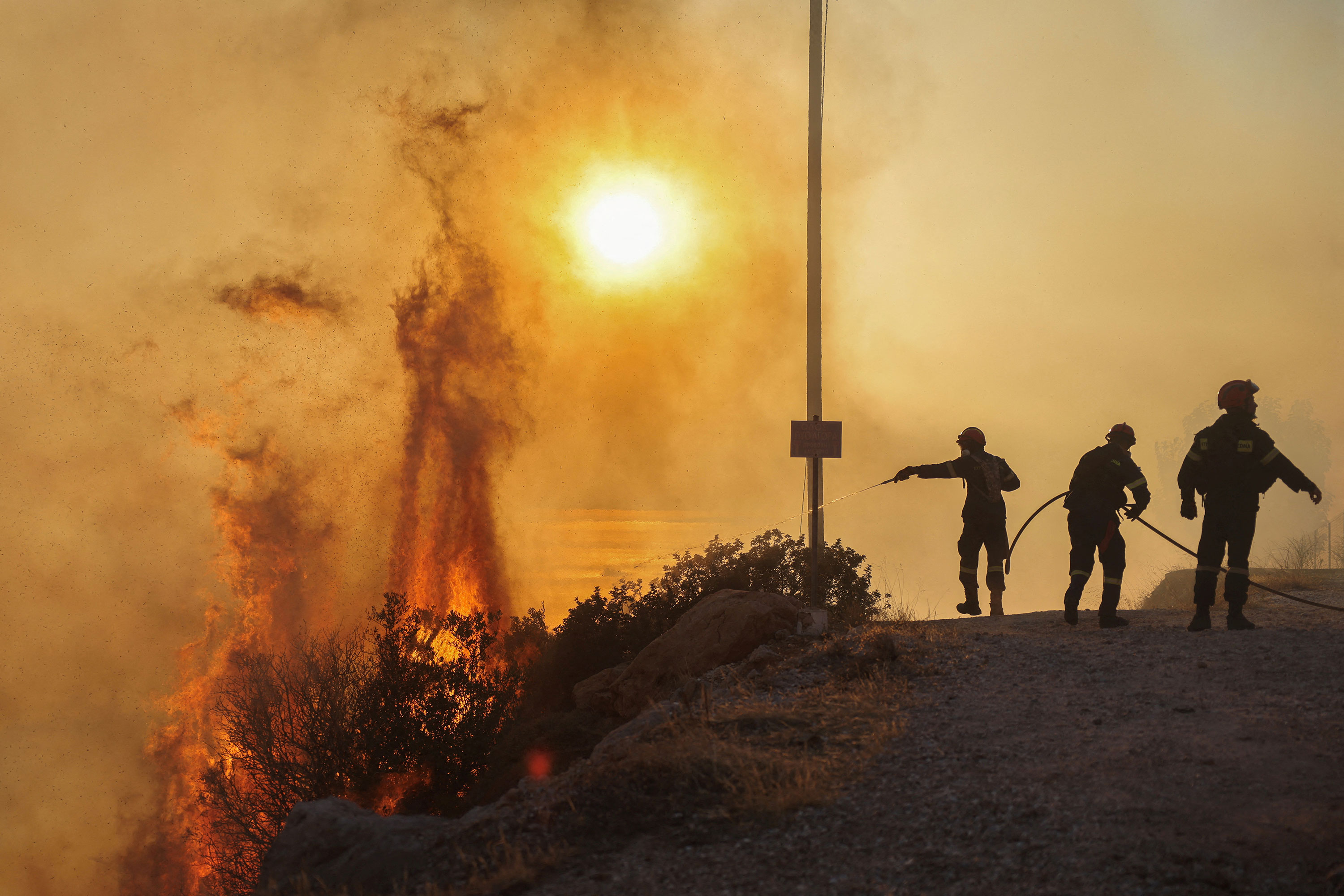
Heat index in Persian Gulf on Sunday neared the upper threshold of what humans can endure for any more than a few hours. Cyprus issued an extreme high temperature warning for the seventh consecutive day.
If you're just catching up now, here's what to know about the intense heat scorching different parts of the world:
The United States: Temperature-related hospitalizations have been consistent across multiple medical centers in Arizona. An emergency room doctor with Valleywise Health, which has multiple locations across the Phoenix area, told CNN: "The hospital has not been this busy with overflow since a few peaks in the Covid pandemic." The city once again hit 110 degrees Monday for a record-tying 18th consecutive day.
Greece: The battle with wildfires continues on Tuesday near the capital city of Athens and in other parts of the country. The majority of the fire service is now focusing on a large blaze that broke out late Monday in the area of Dervenochoria, north of Athens, which is still spreading and heading southwest. Large fires around the country have caused major damage since Monday, burning down houses, killing animals and destroying land, prompting authorities to evacuate many areas as a precaution.
Cyprus: The Department of Meteorology issued an extreme high temperature warning on Tuesday, marking the seventh consecutive day of such temperatures in the country. In a tweet, the Department of Meteorology said that temperatures are expected to reach up to 41 degrees Celsius (105.8 degrees Fahrenheit) over Cyprus' inland areas on Tuesday, and 33 degrees Celsius (91.4 degrees Fahrenheit) over the country’s higher mountainous areas. The extreme high temperature warning is set to stay in place until at least Wednesday evening. The warnings are issued on a day-to-day basis.
Hungary: Hungarian authorities have issued a heat alert that is set to last until Wednesday evening. Temperatures in Hungary’s capital city Budapest are reaching highs of 31 degrees Celsius (87.8 degrees Fahrenheit), while other areas in Hungary are seeing temperatures of up to 34 degrees Celsius (93.2 degrees Fahrenheit).
Iran: The Persian Gulf International Airport weather station in southern Iran registered a heat index value — the apparent “feels like” temperature to the human body — of 152 degrees Fahrenheit (about 67 degrees Celsius) on Sunday.
Global average temperature has been above previous record since July 3: The planet’s average temperature has been higher than the previous 2016 record every day since July 3 – driven in part by extreme heat waves in the US, Europe and China. While the NCEP’s data only goes back to 1979, these temperatures are “almost certainly” the warmest temperatures the planet has seen “probably going back at least 100,000 years,” Jennifer Francis, a senior scientist at Woodwell Climate Research Center, previously told CNN. Extreme heat occurring in countries across the globe is "dangerous" and a "rapidly growing health risk," warned John Nairn of the United Nations’ World Meteorological Organization. “Heat waves are amongst the deadliest natural hazards, with hundreds of thousands of preventable deaths each year.”
What to do in these temperatures: Stay hydrated, keep your curtains closed, take cool showers, sleep in linens and place cold washrags or ice packs on your pulse points — wrists or neck — to cool down more quickly.
Find our coverage in Spanish here.


